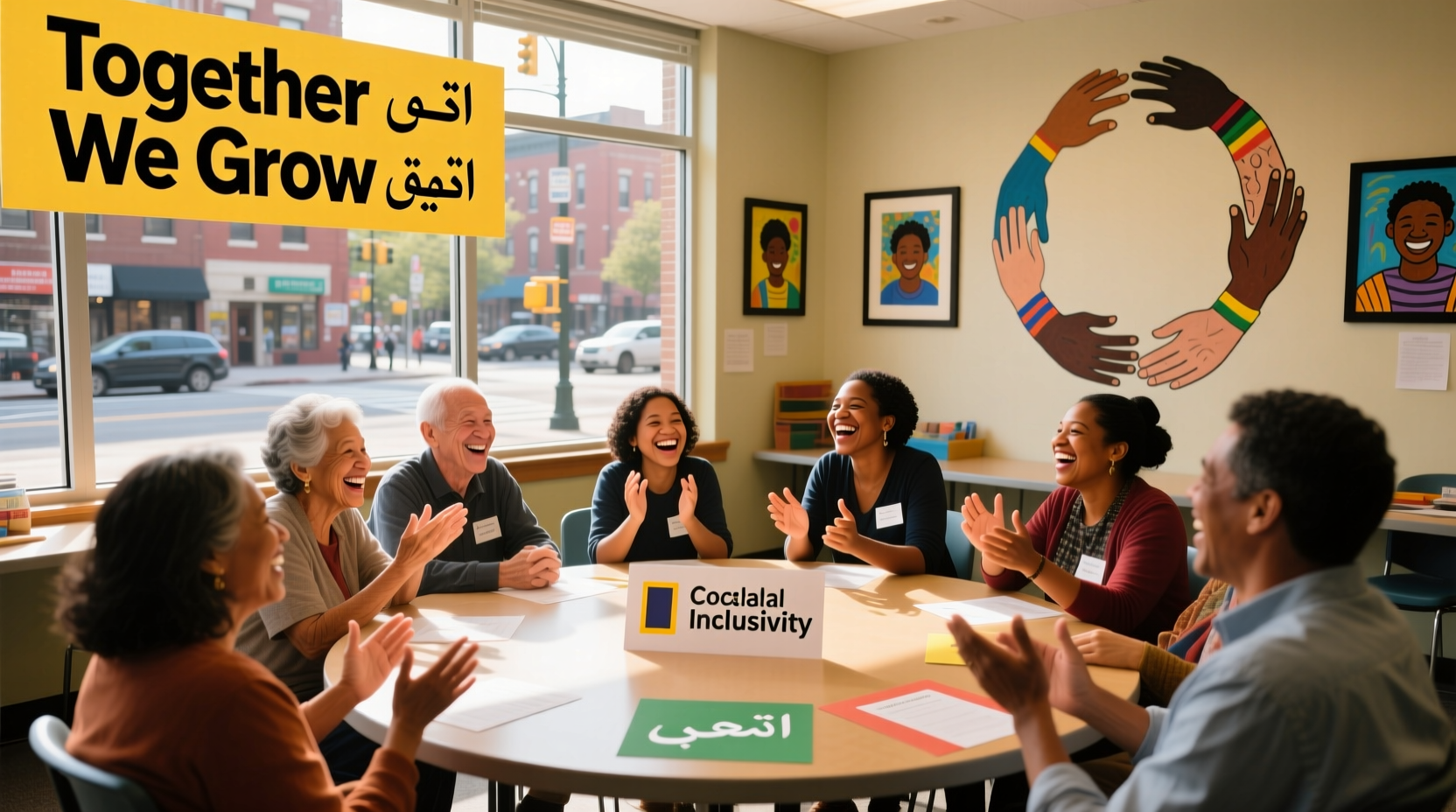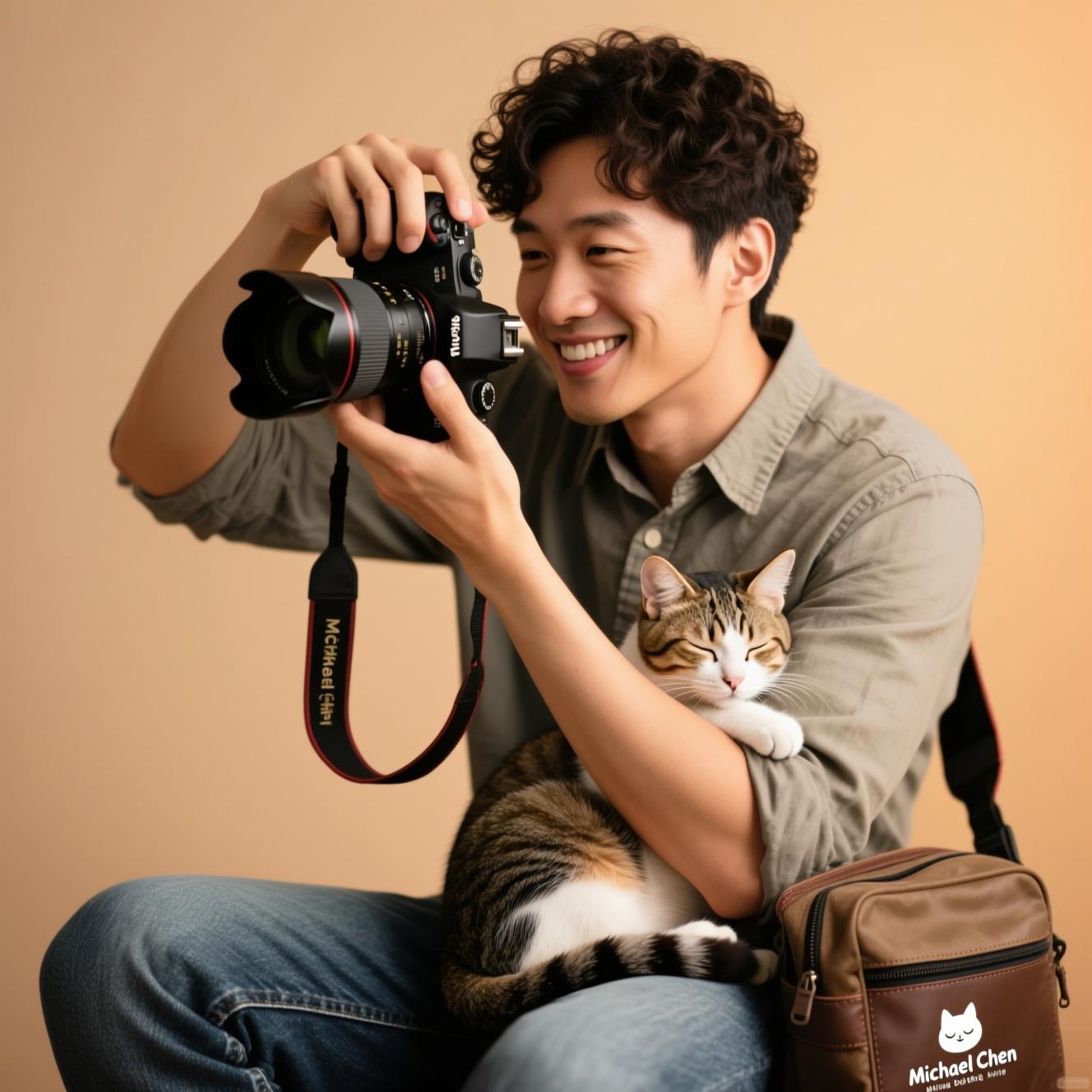In a city known for its monuments, museums, and political influence, Washington, DC is also quietly cultivating one of the most meaningful social movements: inclusive community building through Best Buddies. This internationally recognized nonprofit has established deep roots in the nation’s capital, creating transformative programs that pair individuals with intellectual and developmental disabilities (IDD) with peer volunteers in authentic, one-to-one friendships. These relationships go beyond companionship—they foster dignity, empowerment, and lasting social change.
Best Buddies Washington DC doesn’t just organize meetups; it redefines what inclusion means in urban communities. By integrating participants into schools, workplaces, and civic life, the organization is helping dismantle long-standing barriers to belonging. The impact is measurable: increased self-confidence, improved communication skills, and stronger community networks. For many participants, Best Buddies isn’t just a program—it’s a lifeline to connection in a fast-paced, often isolating city.
The Foundation of Inclusive Friendship

At its core, Best Buddies operates on a simple but powerful principle: everyone deserves friendship. In Washington DC, where socioeconomic and cultural diversity intersect, this mission takes on added significance. The chapter serves hundreds of individuals across public and private schools, universities, and professional environments, matching them based on shared interests, personalities, and geographic proximity.
The cornerstone of the program is the Friendship Program, which pairs students and adults with IDD with trained peer volunteers. Matches commit to regular contact—whether grabbing coffee near Union Station, attending a Nationals game, or exploring the National Mall. These interactions are not structured therapy sessions but organic moments of joy, conversation, and mutual learning.
“True inclusion isn’t about doing things *for* people with disabilities—it’s about doing things *with* them. That’s where real change begins.” — Dr. Laura Hernandez, Disability Advocacy Scholar, American University
Programs That Build Community
Best Buddies Washington DC offers a multi-tiered approach to inclusion, ensuring that participants can engage at every stage of life:
- School Programs: Active in over 30 high schools and colleges, including Gonzaga College High School and George Washington University, these chapters host weekly activities like game nights, career prep workshops, and advocacy training.
- Employment Program: Partners with local businesses such as Sweetgreen, Marriott, and the U.S. Department of Education to place individuals with IDD in integrated, paid positions with ongoing support.
- Ambassador Program: Trains individuals with IDD to speak publicly about inclusion, giving them platforms at city council meetings, school assemblies, and corporate events.
- Citizens Program: Connects adults outside the school system through community-based outings, from cooking classes in Shaw to kayaking on the Anacostia River.
How Matching Works: A Step-by-Step Guide
Becoming part of the Best Buddies network in DC involves a thoughtful, personalized process designed to ensure meaningful connections:
- Application & Orientation: Volunteers and participants complete an application and attend an orientation session hosted at the DC Center or virtually.
- Interview & Assessment: Staff conduct brief interviews to understand personality, interests, availability, and goals.
- Matching Process: Using a compatibility matrix, staff pair individuals based on factors like hobbies, communication style, and preferred activities.
- Introduction Meeting: Matches meet at a neutral, accessible location (e.g., a library or café) with a staff facilitator present.
- Ongoing Support: Monthly check-ins, event invitations, and access to a mentorship team help sustain the relationship.
Real Impact: A Mini Case Study
Jamal Thompson, a 24-year-old with Down syndrome, joined the Citizens Program in 2021 after transitioning out of school services. Initially hesitant, he was matched with Sofia Ramirez, a graphic designer volunteering during her lunch breaks. Their first outing—a visit to the Smithsonian’s National Museum of African American History and Culture—sparked a shared interest in civil rights history.
Over 18 months, their friendship grew. They began attending community forums together, with Sofia encouraging Jamal to share his perspective. Last year, Jamal delivered a three-minute speech at a Best Buddies gala attended by city officials. “I used to be scared to talk,” he said afterward. “Now I know my voice matters.” Today, they co-lead a monthly discussion group on disability justice at the MLK Library.
Do’s and Don’ts of Being a Best Buddy
| Do’s | Don’ts |
|---|---|
| Listen actively and let your buddy lead conversations when possible | Speak for your buddy or assume what they want |
| Plan low-pressure, accessible activities (e.g., walks, board games) | Choose loud, crowded venues without discussing comfort levels |
| Be consistent—even short texts count | Cancel frequently or disappear without communication |
| Encourage independence and decision-making | Treat the relationship like charity or volunteer duty |
| Attend Best Buddies-sponsored trainings and events | Ignore boundaries or overstep personal space |
Expanding Inclusion Through Advocacy and Employment
One of the most innovative aspects of Best Buddies DC is its focus on economic inclusion. The Employment Program has placed over 75 individuals in integrated jobs since 2018. Participants receive job coaching, interview preparation, and workplace advocacy support. Employers report higher team morale and improved company culture as a result.
Local success stories include Marcus Lee, who now works as a front desk associate at a downtown hotel, and Priya Desai, employed in data entry at a nonprofit near Dupont Circle. Both earn competitive wages and work alongside neurotypical colleagues, challenging outdated assumptions about capability.
Additionally, the Ambassador Program equips individuals with IDD to become vocal advocates. Ambassadors have testified before the DC Council on accessibility issues, led anti-bullying campaigns in schools, and partnered with WMATA to improve transit signage clarity.
Frequently Asked Questions
How much time does being a Best Buddy require?
There’s no rigid schedule. Most matches aim for one activity per month, supplemented by occasional calls or messages. The key is consistency, not duration. Many buddies find that even small gestures—like watching the same TV show and texting reactions—build strong bonds.
Can I join if I don’t live in DC proper?
Yes. Best Buddies Washington DC serves residents of Wards 1–8, as well as parts of Arlington and Alexandria. Transportation assistance and virtual options are available for those with mobility or scheduling challenges.
Are there age requirements for participation?
The School Program starts at age 12, while the Citizens and Employment Programs serve adults 18 and older. Peer volunteers must be at least 14 for school chapters and 18 for adult programs. No upper age limit exists—many retirees participate as buddies.
How to Get Involved: A Quick Checklist
Whether you’re seeking friendship, looking to volunteer, or representing an organization, here’s how to take action:
- ✅ Visit bestbuddies.org/washington-dc to explore programs
- ✅ Attend a free informational webinar hosted monthly
- ✅ Complete the volunteer or participant application online
- ✅ Attend an orientation session (in-person or virtual)
- ✅ Be open-minded and patient during the matching process
- ✅ Participate in at least one community event per quarter
Conclusion: Building a More Connected Capital
Best Buddies Washington DC is more than a nonprofit—it’s a movement reshaping how a major American city understands inclusion. Through intentional friendships, employment equity, and bold advocacy, it proves that connection is not a privilege but a right. In a city often defined by power and policy, these quiet acts of companionship are among the most revolutionary.
The strength of this program lies not in scale, but in sincerity. Each match represents a bridge built across difference, a moment of recognition: I see you. You matter. As Washington continues to evolve, Best Buddies ensures that no resident is left on the sidelines of community life.









 浙公网安备
33010002000092号
浙公网安备
33010002000092号 浙B2-20120091-4
浙B2-20120091-4
Comments
No comments yet. Why don't you start the discussion?